Plan Routes Efficiently
Use leading-edge software to plan efficient routes and alert drivers to the most cost-effective fueling locations.
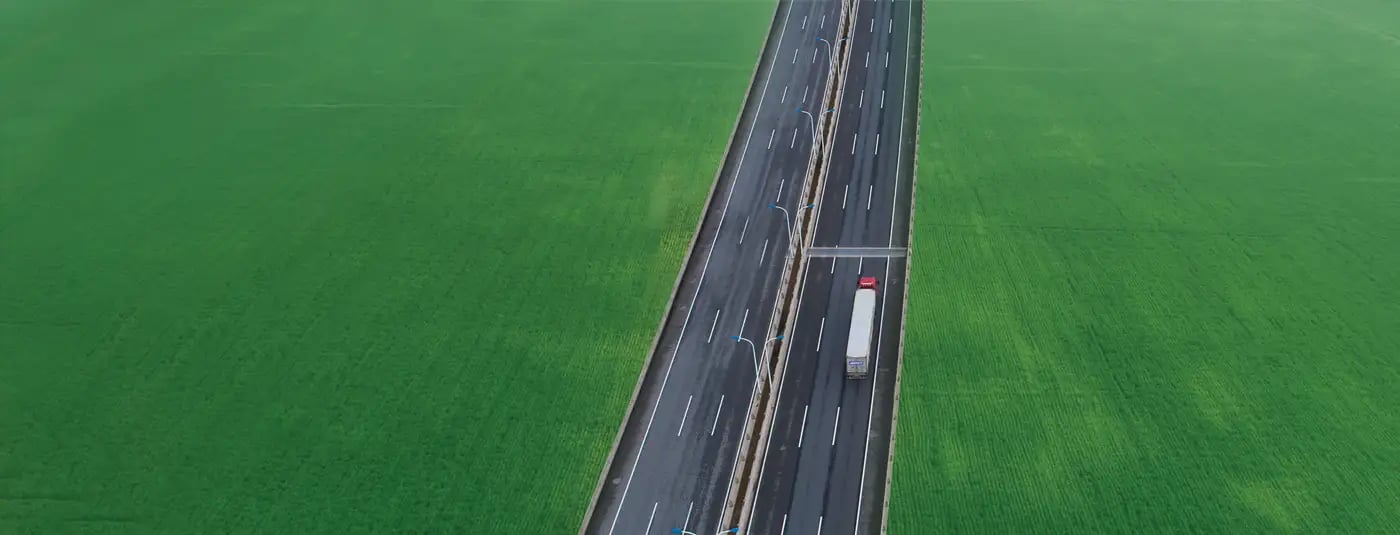
Sustainability isn't just a choice, it's our responsibility to future generations. At Averitt, we're proud of our initiatives that are making a measurable difference. From tire repurposing to electric forklifts and maintaining one of the industry's most modern fleets to reduce fuel use and emissions, we're doing what we can to minimize the impact of our operations on the road, at the dock, in the office, and ultimately within your supply chain. Averitt, where sustainability isn't simply a goal, it's an ongoing responsibility.
Averitt has been awarded a Committed Badge in our recent EcoVadis assessment, which is a recognition of our performance as per the EcoVadis assessment methodology. Learn more about EcoVadis Medals & Badges.
EcoVadis is recognized globally for trusted business sustainability ratings.
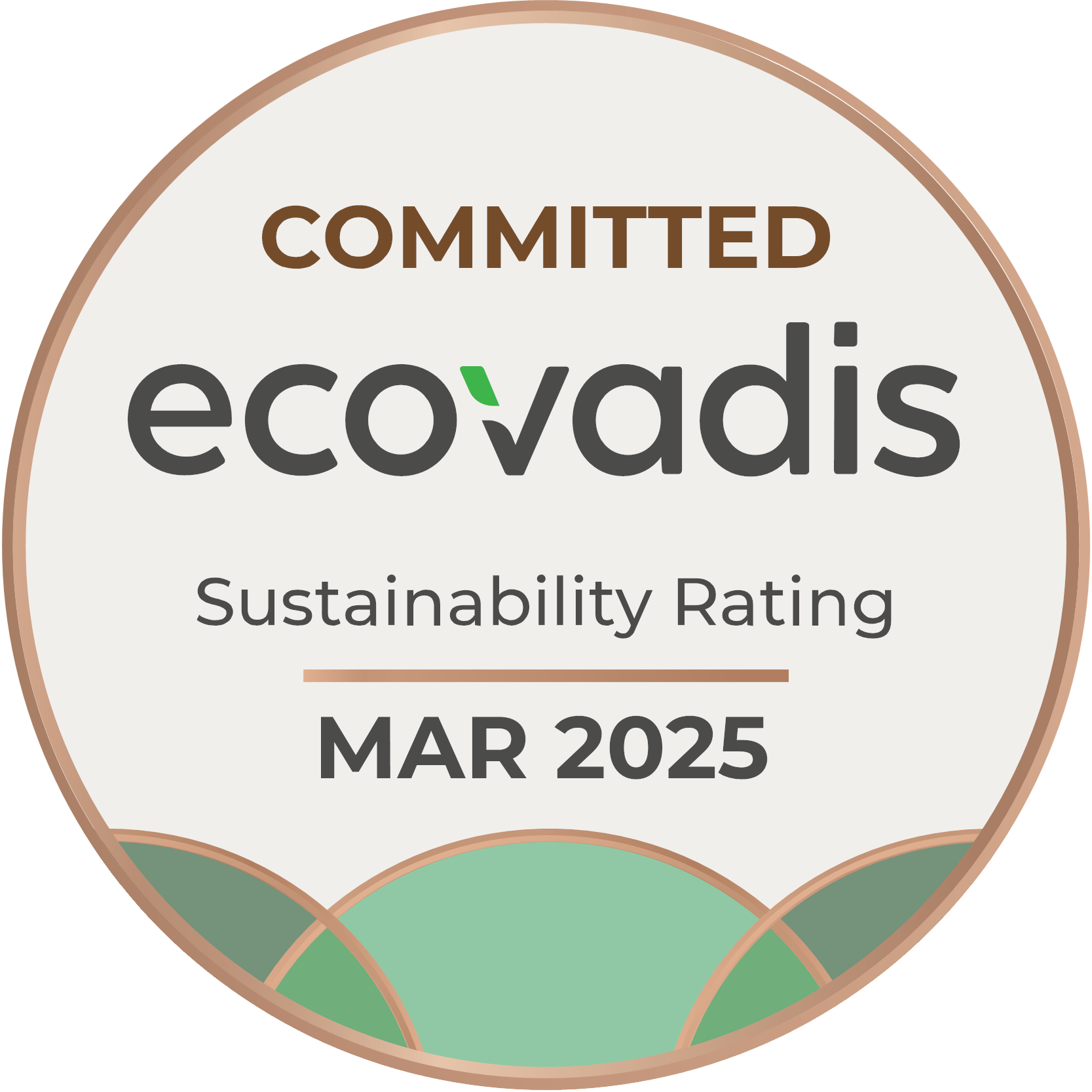
For Our People. For Our Planet.
At Averitt, we recognize that sustainability isn’t simply a goal – it’s an ongoing responsibility. Particularly for those of us in the transportation industry.
To that end, we know there is no finish line, because there is always more we can do to protect and preserve the natural resources we all depend on.
Through the tireless efforts of our dedicated associates, we are committed to:
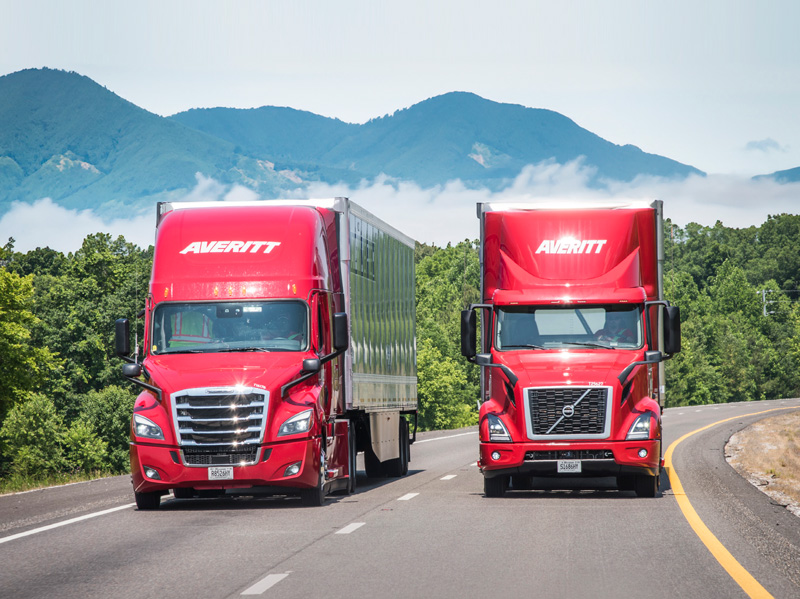
Averitt is proud to be a founding member of SmartWay®
Averitt has been a leader in sustainable transportation for decades, beginning in 2004 as a founding partner of the EPA’s SmartWay program. As one of the program’s original members, we committed to reducing transportation emissions through measurable goals, transparent reporting, and continuous improvement. Our long-standing collaboration with the EPA and use of SmartWay resources reflect our ongoing dedication to environmentally responsible logistics, improved efficiency, and helping drive a more sustainable future for the transportation industry.
View Averitt's SmartWay certification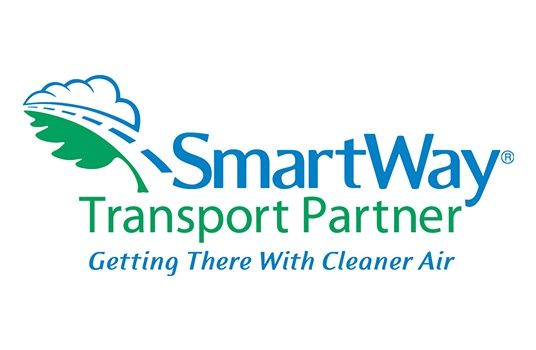
REDUCTION in CO2e emissions
REDUCTION in NOx emissions
We believe measurable progress is essential to our commitment to sustainability and environmental stewardship.
In the metrics below, we highlight key initiatives that reflect our proactive efforts to reduce our ecological impact.
These results not only underscore our commitment to sustainability, but also highlight the meaningful gains we’ve achieved – operationally and environmentally.
(All numbers based on most recent annual data.)
See the full CSR Report for details on methodology, assumptions, and interpretation.


*9,006 MT CO2e Market-based






Averitt has conducted a screening of the 15 Scope 3 categories according to the GHG Protocol to identify those that are material to our team. The screening determined that Categories 1-7 are material to Averitt while Categories 8-15 are not.
The Averitt CSR Steering Committee performed a partial Scope 3 inventory of emissions by starting with a complete inventory of three material categories: Fuel, Business Travel, and Associate Commuting.



Browse Averitt's Corporate Social Responsbility Report below:
Averitt 2024-2025 Corporate Social Responsibility Report
We continue to move forward on the road to responsibility. Whether it’s through smarter energy use, environmental advocacy, or eco-friendly technology, we never stop finding new and better ways to ensure the impact we make on our environment and in our communities is a positive one.

Use leading-edge software to plan efficient routes and alert drivers to the most cost-effective fueling locations.

Use an automated vehicle ID program that lets drivers bypass weigh stations.

Offer both truckload and intermodal services to provide outstanding transit times and increase fuel efficiency.

When servicing our tractor A/C unites, we capture and recycle 100% of the the Freon.

For less frequent maintenance services and fewer waste products, it's important to use low-viscosity lubricants and oils.

Scrap metal from in-house maintenance and body work on tractors and trailers can be recycled.

Use technology that gathers data and measures fuel efficiency on an individual tractor level.

Reduce light bulb failures and replacements by equipping tractors and trailers with LED lights.

Use "Eco-roll" and coast modes to coast on downgrades and stay in cruise control mode on level grades.

Modify roof fairings, cab extenders, skirt packages, and more.

Use engines with the latest technology in exhaust, gas, and soot regeneration.

Use automatic transmissions with predictive cruise and coast modes for level grades and downgrades.




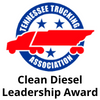


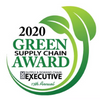
That’s why a focus on sustainability is woven into every decision we make.
At Averitt, we work every day to make measurable, daily improvements – partnering with leading universities, logistics centers, other transportation companies, and industry experts to find new and effective ways to conserve and measure our energy usage.
We never stop looking for more environmentally friendly ways to do business. Because we know the choices we make today will directly affect the world we’ll leave behind tomorrow.
That philosophy is part of our culture.
It’s also a promise we make to ourselves, to our customers, and to future generations…
That we will do everything in our power to protect this precious planet we all call home.
- Gary Sasser, Chairman and CEO, Averitt Express

Browse recent articles from our transportation industry blog, Point to Point, including timely information about current industry trends and tips for ensuring that your freight gets from origin to destination safely and securely.
COOKEVILLE, Tenn. — Averitt has received enhanced scores from CDP, reflecting the company’s continued efforts to...
COOKEVILLE, Tenn. – Averitt has continued its commitment to environmental responsibility and community engagement...
COOKEVILLE, Tenn. — Averitt has been selected as the recipient of the 2025 Governor’s Environmental Stewardship Award...